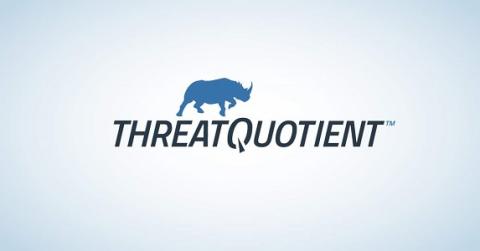ThreatQuotient Partners with the Electricity Information Sharing and Analysis Center as a Member of its Vendor Affiliate Program
ThreatQuotient will contribute subject matter expertise to the E-ISAC to support the defense of North America's electricity grid against cyber attacks.






